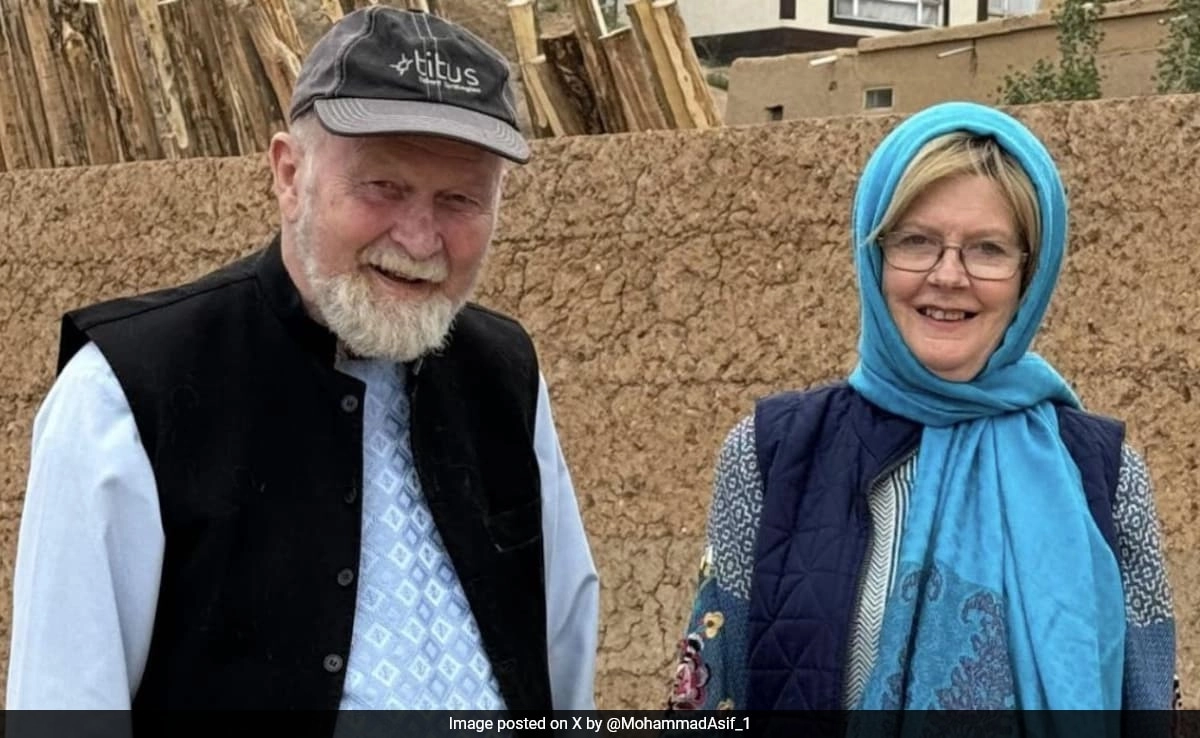Benjamin Netanyahu, the long-serving Prime Minister of Israel, has consistently been a polarizing figure in both domestic and international politics. His tenure has often been characterized by a focus on national security, economic growth, and a strong stance against perceived threats from neighboring countries and organizations. However, one aspect of Netanyahu’s political vision that has drawn significant attention and concern is his ambition to realize a ‘Greater Israel.’ This concept typically refers to the idea of expanding Israel’s borders to include territories that are currently part of the West Bank, Gaza Strip, and even parts of neighboring countries. Advocates believe this vision is rooted in historical, religious, and cultural claims to the land, while critics argue it undermines the prospects for peace and a two-state solution with the Palestinians.
Netanyahu’s approach to the Israeli-Palestinian conflict has been marked by a reluctance to engage in meaningful negotiations aimed at reaching a lasting solution. His government has often taken steps to expand settlements in the West Bank, which many view as a direct challenge to the idea of a viable Palestinian state. This expansion has raised tensions with Palestinians and the international community, leading to accusations that Netanyahu is prioritizing territorial claims over diplomacy. His administration’s policies have often been justified on security grounds, arguing that control over these territories is essential for Israel’s safety. However, critics contend that such policies exacerbate violence and further entrench divisions between Israelis and Palestinians.
The implications of Netanyahu’s vision for a ‘Greater Israel’ extend beyond just territorial disputes; they also encompass questions of identity, democracy, and human rights. As Israel continues to grapple with its identity as both a Jewish and democratic state, the expansion of settlements and the consolidation of control over disputed territories raise critical ethical questions. The treatment of Palestinians in these areas remains a contentious issue, with reports of human rights abuses and systemic discrimination. Moreover, the ongoing conflict complicates Israel’s relationships with other nations, particularly those in the Arab world, and challenges the broader quest for stability in the region.
As Netanyahu pursues his agenda, the future of Israeli-Palestinian relations hangs in the balance. His vision of a ‘Greater Israel’ may resonate with a significant portion of the Israeli electorate, but it also risks alienating potential allies and deepening animosities with Palestinians and their supporters. The path forward requires a careful balance between national aspirations and the need for reconciliation and coexistence. Whether Netanyahu can navigate these complex dynamics while remaining true to his vision remains to be seen, but the stakes are undoubtedly high for all parties involved. In a region marked by decades of conflict, the quest for peace and stability is as urgent as ever, necessitating bold leadership and a willingness to make difficult compromises.




